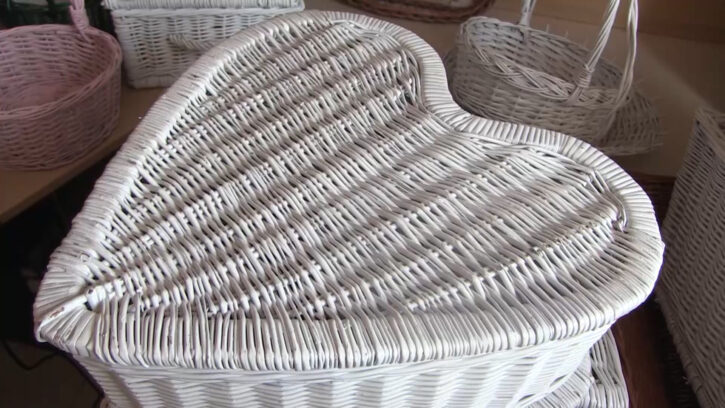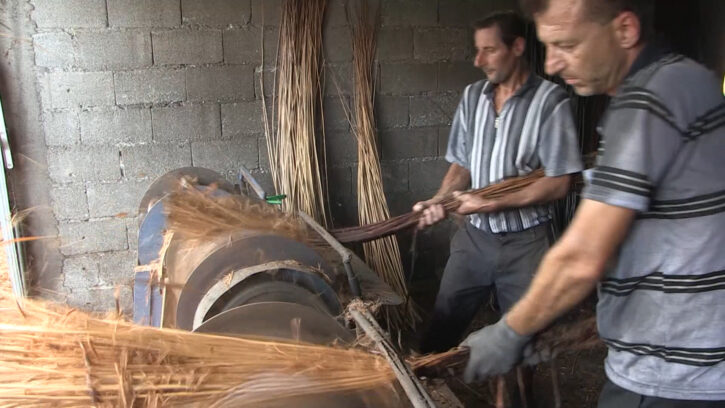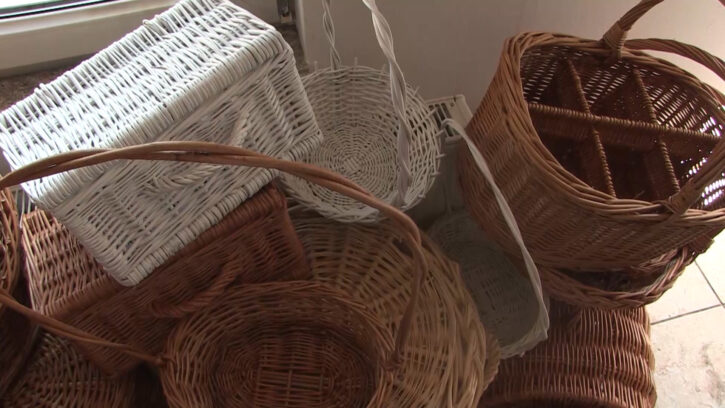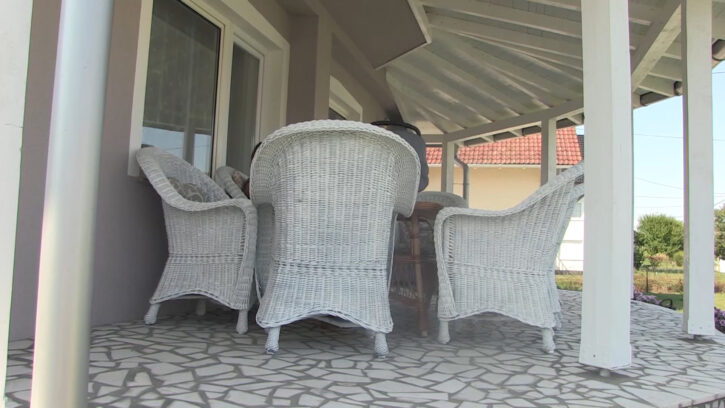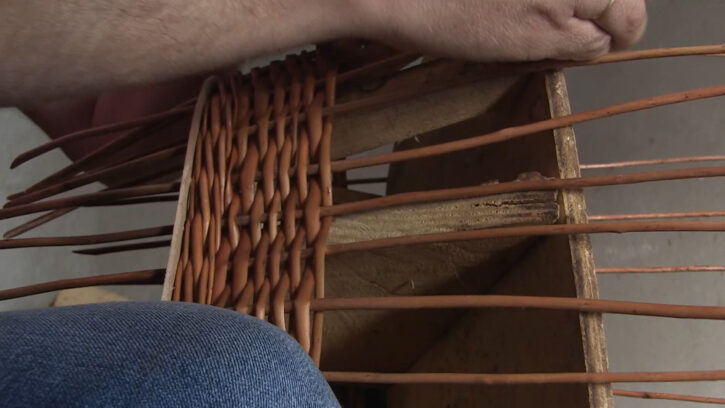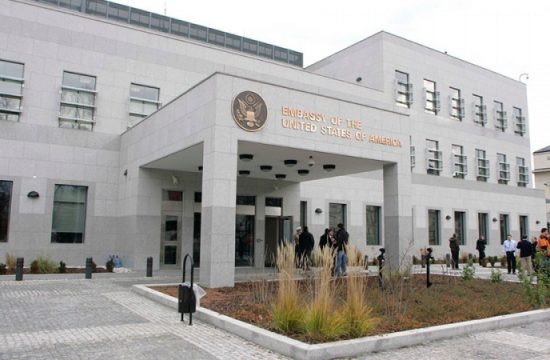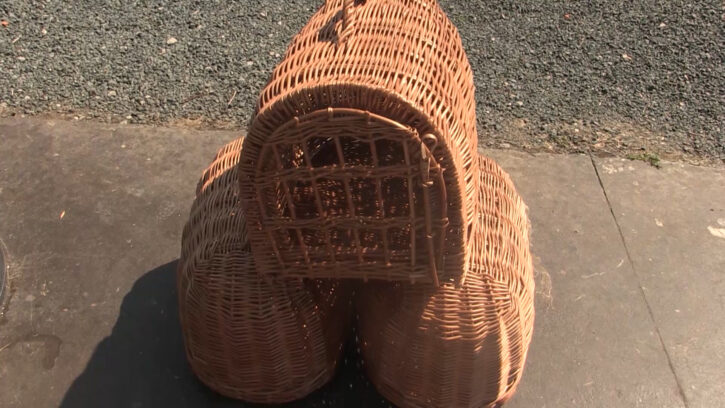
Some 80 wicker baskets makers remain in Bosnia's Northern Posavina region mostly exporting their baskets to Western Europe. They all learned the trade from their family members, and with no specific school to teach the new generations this trade, they fear it might die out.
“Some 5,000 baskets are exported each year. We also make wicker furniture, but most of the production is based around baskets because they are the most sought after by our western clients. We make baskets for the market, for flowers, for exhibitions, for pet cats and dogs, laundry, etc. the possibilities are endless,” Marijan Josic from the “Duo Maljevac” company said.
The baskets are made of willow or birch that thrive on any land, especially in the fertile Posavina region. One hectare of willow will provide about four tons of material, of which more than four thousand baskets will be made. Of this number, 99 percent of products are exported outside of Bosnia, while only 1 percent remains in the country.
“We are constantly inventing something new, refining old products so that the market can accept a new product. Our advantage is that if we manage to market it, it can earn a little more,” Jusic said.
The purchase price, expensive production, and lack of incentives are some of the problems weavers face. The local authority points out that it cannot allocate funds itself without the help of higher levels of government.
However, the biggest problem is the lack of hands that will knit the baskets. There is no school for this trade. A good basket weaver can make a basket in an hour. It just takes experience and will which young people lack.
“Most of our subcontractors are people in their late years. Youths are not interested in this because it is too hard and dirty work for them and they think that one cannot make big money here. However, with normal work, eight hours a day, you can earn an average salary if not more,” Josic said.
As a hand-made product, a basket in the western market costs far more than those on the domestic market.


